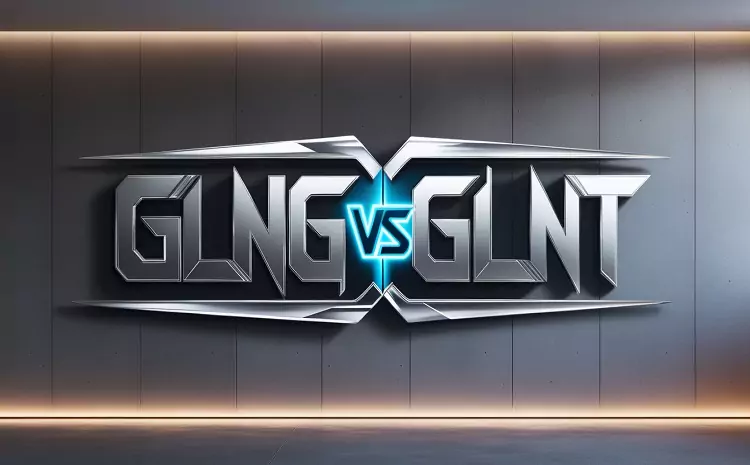The case of Georgantakis v. Verch is an important legal battle that caught the attention of many legal experts and practitioners. This case touches upon complex legal questions and stands as a significant point of reference for understanding how modern law interacts with intricate personal and business disputes. The ruling had far-reaching consequences for both the parties involved and future legal cases that deal with similar issues.
Background of the Case
The dispute in Georgantakis v. Verch involves two main parties: John Georgantakis, the plaintiff, and Linda Verch, the defendant. The conflict arose from a business relationship gone wrong, leading to disagreements that escalated into a legal confrontation. While the exact details of their initial business arrangement vary in interpretation, the case boiled down to matters of contract breach, fraud, and legal responsibility.
Legal Issues in Georgantakis v. Verch
The central legal issue at hand was whether Verch had violated the terms of a business contract, as alleged by Georgantakis. The plaintiff argued that Verch had committed acts of fraud and misrepresentation during their dealings, which led to financial losses and damages. On the other hand, Verch contended that the contract had been fulfilled as agreed, and the claims were baseless.
Significance of the Case
This case is important because it highlights the challenges involved in proving fraud and breach of contract. Many legal professionals viewed this case as a pivotal moment in the ongoing evolution of contract law. It tested the boundaries of what constitutes fraud and how evidence can be presented in court to substantiate or refute such claims.
Timeline of Events
- June 2021: Initial business dealings between Georgantakis and Verch began.
- December 2021: The first signs of dispute arise over the interpretation of the contract.
- February 2022: Georgantakis files a lawsuit against Verch, citing breach of contract and fraud.
- August 2022: Court hearings begin, with both sides presenting their arguments.
- January 2023: The court delivers its ruling in favor of Verch.
Arguments Presented by Georgantakis
From the perspective of the plaintiff, John Georgantakis, the core of the argument revolved around the claim that Verch had deliberately misrepresented key facts during their business negotiations. Georgantakis emphasized several key points:
- Verch knowingly provided false information that led to financial harm.
- The contract was violated due to intentional fraud.
- Georgantakis suffered significant damages and deserved compensation.
Arguments Presented by Verch
On the other hand, Linda Verch defended herself by asserting that the claims made by Georgantakis were not grounded in fact. Her defense strategy focused on:
- The contract had been followed as agreed.
- Any discrepancies were either unintentional or the result of misunderstandings, not fraud.
- The evidence presented by the plaintiff was insufficient to prove any wrongdoing.
Court’s Ruling and Legal Reasoning
The court ultimately ruled in favor of Verch. In its decision, the court concluded that the plaintiff had failed to provide sufficient evidence to support the claims of fraud and misrepresentation. The legal reasoning behind the ruling focused on the importance of clear contractual language and the burden of proof in fraud cases. The court noted that while there were discrepancies in the contract, they did not rise to the level of fraud.
Impact on Future Legal Cases
The ruling in Georgantakis v. Verch sets a strong precedent for future cases involving contract disputes and allegations of fraud. It underscores the difficulty of proving fraud in court and highlights the necessity of clear evidence. Future litigants may find this case instructive when considering their own legal strategies in similar disputes.
Public Reaction
While the case may not have garnered widespread media attention, within the legal community, it was seen as a landmark ruling. Legal analysts praised the court’s careful analysis of contract law, while some critics argued that the burden of proof in fraud cases remains too high, potentially discouraging legitimate claims.
Legal Theories Applied
Several legal principles were at play in Georgantakis v. Verch, including:
- Contract Law: The foundation of the case was rooted in the interpretation of contractual obligations.
- Fraudulent Misrepresentation: The court analyzed whether the evidence presented met the legal standard for fraud.
- Burden of Proof: The case highlighted the challenge of meeting the burden of proof in fraud claims, where intent must be clearly demonstrated.
What Could Have Changed the Outcome?
Had Georgantakis provided more substantial evidence or if there had been clearer documentation of the alleged fraud, the outcome could have been different. Additionally, alternative legal strategies, such as focusing more on contract interpretation rather than fraud, might have altered the case’s trajectory.
Similar Cases in the Legal System
Similar cases in the legal system have dealt with disputes over contract interpretation and allegations of fraud. Notable examples include Smith v. Jones, where a similar fraud claim was dismissed due to insufficient evidence, and Doe v. Roe, which dealt with a more clear-cut case of contractual breach.
Conclusion
In the end, Georgantakis v. Verch serves as an important reminder of the complexities of contract law and the challenges involved in proving fraud. The case demonstrates the importance of clear contractual terms and thorough documentation when engaging in business dealings. Future litigants would do well to study this case and learn from its outcomes.









